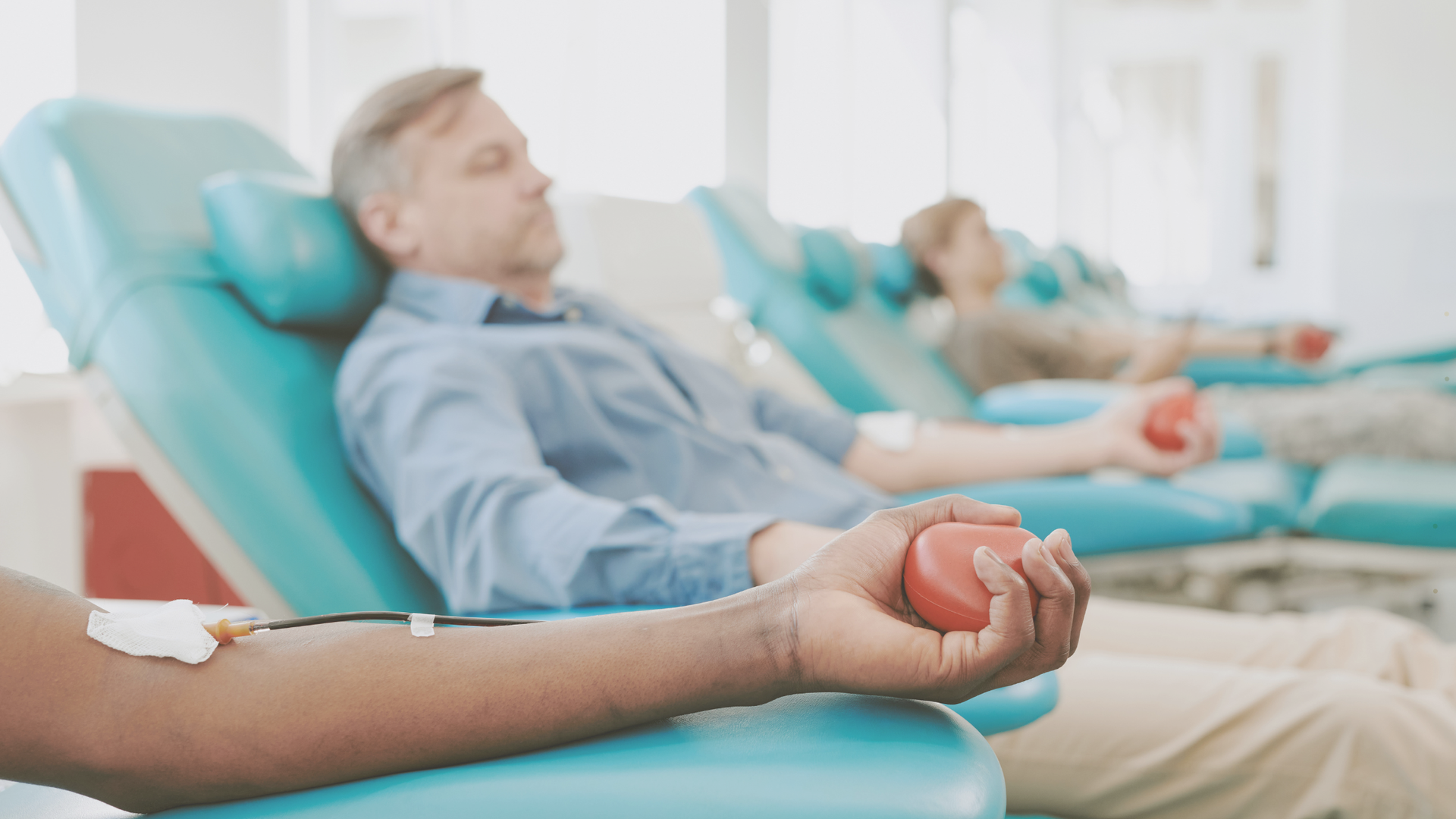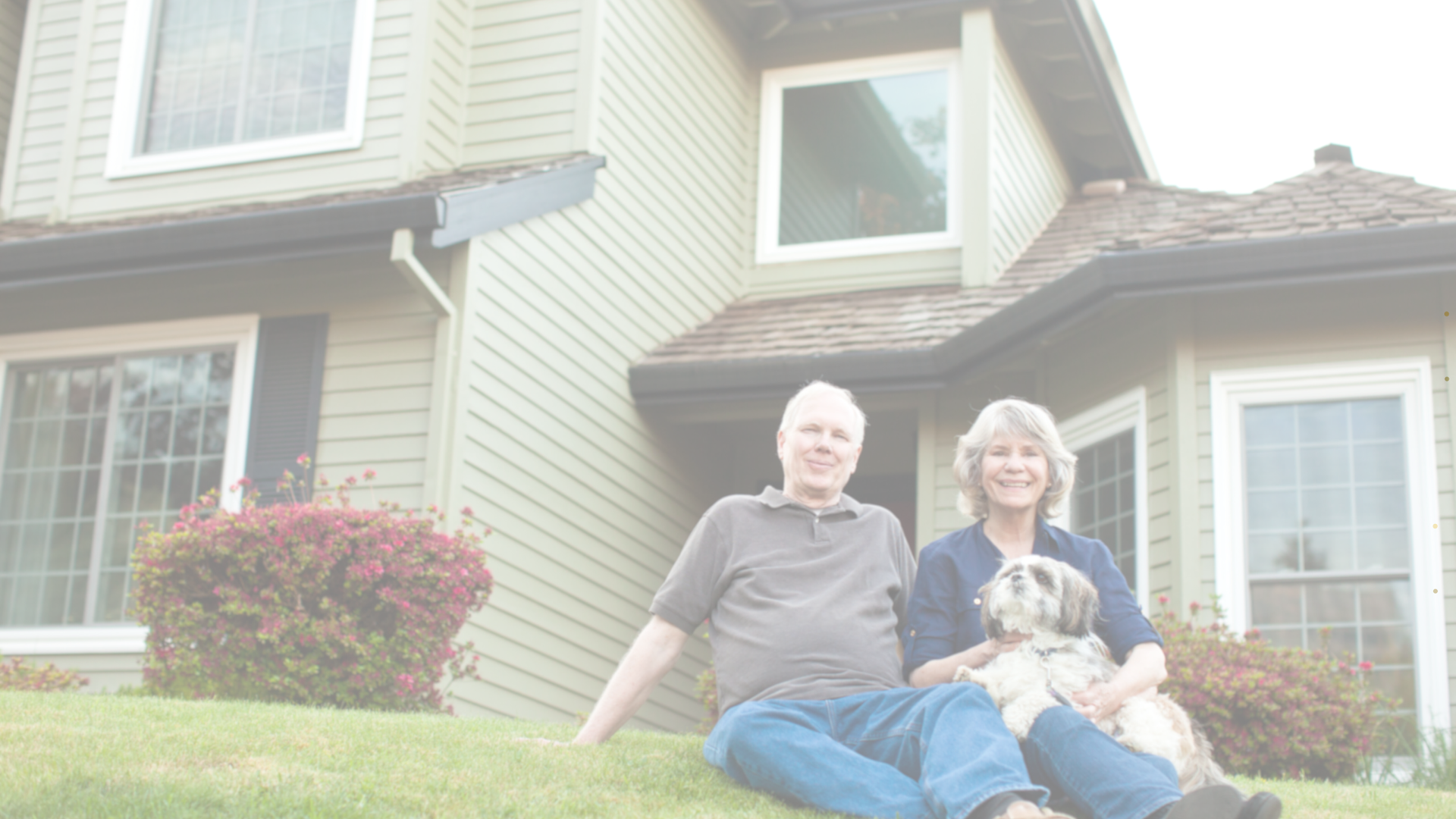Senior Spotlight: Building Your Balance Bank
No – we are not talking about money, but physical deposits that count!
Our Senior Spotlight has long focused on slips and trips and how to avoid falls as a way to live independently for a longer time. However, this is often a topic of discussion once a loved one has fallen, or once we see physical signs of disequilibrium. A new read from Next Avenue highlights the critical importance of focusing on balance before it becomes problematic.
We encourage you to read ‘Don't Wait to Focus on Balance’ in full; we have highlighted the key points and must-knows below!
Did You Know:
- The 3 keys to healthy aging are strength, flexibility & balance: all 3 are needed to remain independent and safe in one’s home over time.
- The CDC has reported a 41% increase in falls for adults 65 and older from 2012 – 2021, resulting in 3 million hospital visits and 1 million hospital stays each year.
- Balance begins to decline after age 50, with a recent study showing significant balance decreases every 5 years starting at age 55.
Balance Basics:
- Definition: Good balance means you can stay on your feet while both standing still and moving.
- Muscle and bone strength are the foundations of balance.
- The 3 systems of your body that must work together to control the muscles and bones are the vision system, inner ear & proprioceptive system (which allows you to feel where your body is in space).
The Balance ‘Bank’:
Next Avenue provides a great analogy from a Canadian physical therapist & clinic director: "You have to start putting investments in your system now, so you have something to draw on as you age. Sometimes, you're going to take big draws because you're in bed for a month with an illness, injury or surgery. You want to have a strong balance in the bank, so when you need to make withdrawals, you've got it."
Testing & Improving Balance:
- Start by trying the Romberg Balance Test followed by the Sharpened Romberg.
- Try standing on each leg for 15-30 seconds and then switch off, adding in a head turn while standing on each leg.
- With support nearby, practice the 5x sit-to-stand test and note if it takes longer than 15 seconds, you are at greater risk of a fall.
- Talk to a doctor about your own balance and ask him/her to assess & suggest a plan for you!
- Typical ways to improve ones balance are: walking, strength training, practice standing on each foot (and throw a ball in the air to engage your vision system!), balancing with both feet and then one foot at a time on a medium density foam pad active plus lifestyle activities such as hiking, Pilates, cycling and dancing (if it is safe and you are able!).
Last but not least… one of the best ways to build balance is… walking on the beach! Dan Sivertson, (Physical Therapist, Founder and Clinic Director of Pure Form Physio) calls walking in the sand “a buffet for your nervous system. It's challenging and makes different muscles work.” Since that is the case… I say we should all go practice our balance in Maui!
Cheers to thinking about balance long before you fall,
Bobbi
Bobbi Decker
DRE#00607999
Broker Associate
650.346.5352 cell
650.577.3127 efax
www.bobbidecker.com
NAR Instructor….“Designations Create Distinctions”
CIPS, SRS, ABR, CRS, SRES, GRI, CLHMS, REI, AHWD, RSPS, MSLG
Bobbi Decker & Associates fully supports the principles of the Fair Housing Act and the Equal Opportunity Act. For more information, please visit: http://portal.hud.gov/











